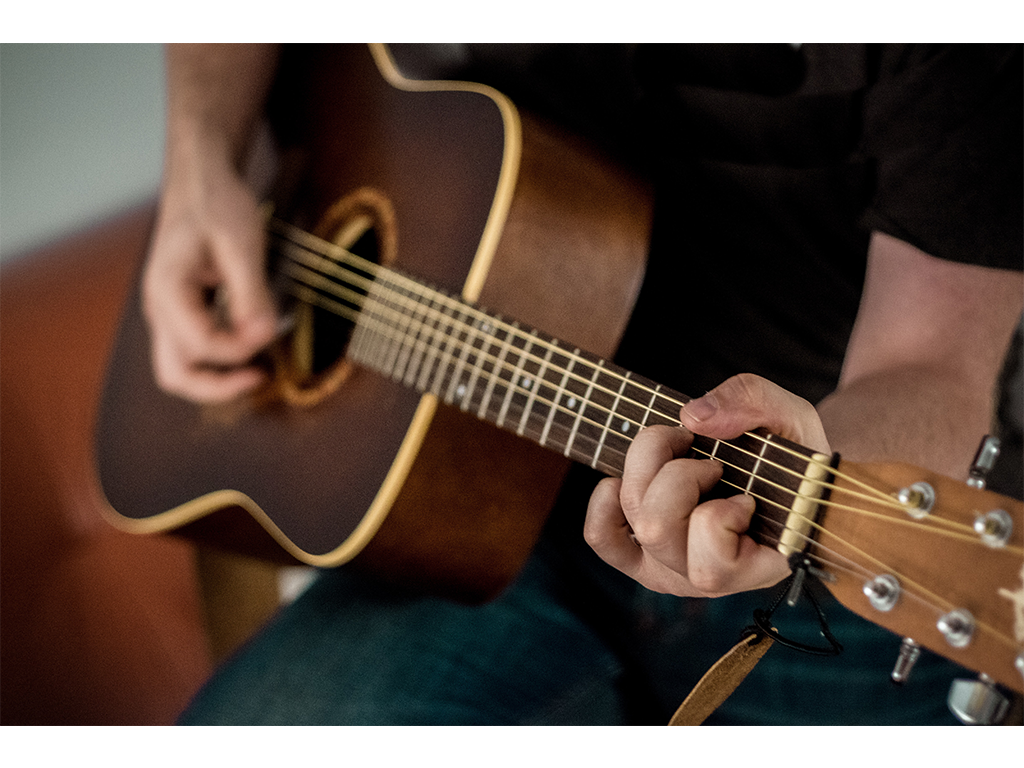“When you can take a song that means something to you, and perform it and add your emotions to it, there’s nothing like it.“
My interest in sleep disorders started when I was 18 and working in Israel. Because it was so hot there, we’d get up at 3 or 4 in the morning to go to work, and finish at lunch time. Everyone would have a nap in the afternoon because they were so tired, but I couldn’t do it. I couldn’t sleep. When everyone was sleeping, I was in the library reading about physiology, the nervous system, and the brain. When I returned to South Africa and started University, my sleep pattern changed a lot, and I found that suddenly, I was able to sleep during the day. One day at medical school, I saw an advert for a sleep study, and they were looking for participants. I signed up for it, curious to understand why my sleep pattern had changed. The professor running the project talked to us about sleep, the patterns of sleep, and sleeping disorders, which I had never learned about in med school. From that moment, I was hooked.
People think that disorders such as insomnia are not serious, until they have it, and that’s when they realize how life-changing it is. When it comes to treating insomnia, I think that psychiatry is the most appropriate pathway: insomnia should be seen as a psychiatric condition. Insomnia is very common, and is not a minor condition. It impacts the way of life, and can even lead to heart failure. We would never leave this condition untreated, so why leave insomnia untreated? Insomnia deserves to be treated, and people should get the help that they need.
Furthermore, insomnia is a risk factor for mental health conditions, particularly depression. For a long time, insomnia was seen as secondary to other conditions such as depression. But it’s actually more likely that insomnia would lead to depression, than depression would lead to insomnia. Focusing on sleep as a way to maintain good mental health is important.
When I was in medical school, I wasn’t very happy. I was burnt out. Medical education in South Africa is very intense. You’re expected to be there long hours, work overnight, and everything else in your life has to take second place to your education. Back then, there was still a culture of education by humiliation. You were often ridiculed while learning. I found medical school incredibly difficult, felt extremely anxious and depressed, and suffered from insomnia. I felt like I couldn’t cope, and was debating dropping out.
But around this time, I also bought myself my first guitar, and started taking lessons and learning. It was an absolute life-saver. The satisfaction of learning something outside of med school kept me going. I don’t know if I’d have gone through medical school without my guitar. I still have it, and I wouldn’t give it up for the world; It’s the object that brought me to where I am today.
I still play it. When you can take a song that means something to you, and perform it and add your emotions to it, there’s nothing like it. It’s still something I completely adored.
If your entire life is your work, you will accept things in your work that you wouldn’t have
accepted if you had something outside of it, if you had an external perspective. I remember that time a friend of mine, who was a pilot, gave advice to the son of another friend who wanted to become a pilot, and who was wondering if he should also go to university to study aeronautic. My friend said, “you need to do it. Because if something happens, if you lose your eyesight, then you lose everything. You need to have something else.” That applies to the medical profession; you need to have something else outside of your job.

